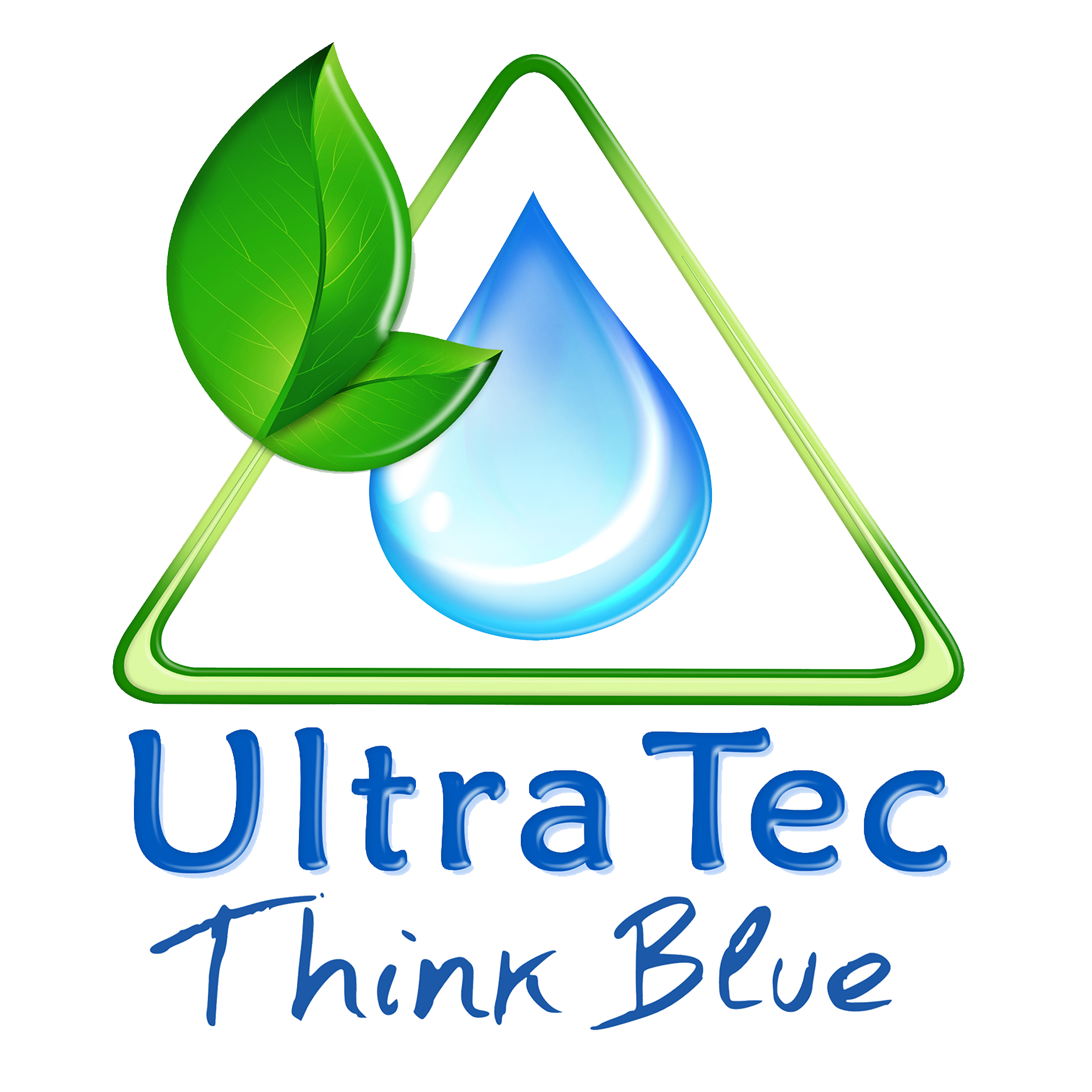Sample of All FAQs (Helpie FAQ)
Helpie FAQ
- Q: What is surface water treatment?Surface water treatment is the process of purifying surface water from lakes, rivers, and reservoirs to make it safe for human consumption.
- Why is surface water treatment necessary?Surface water treatment company uae is necessary because surface water sources are vulnerable to contamination from human activities, such as dumping waste products and other pollutants.
- What are the processes involved in surface water treatment?Surface water treatment involves several processes, including pre-treatment, coagulation, flocculation, sedimentation, filtration, disinfection, and post-treatment.
- What are the benefits of surface water treatment?Surface water treatment provides numerous benefits, including improved water quality, reduced health risks, better taste and odor, environmental protection, and economic benefits.
- Is surface water treatment expensive?The cost of surface water treatment varies depending on various factors, such as the source of the water, the quality of the water, and the treatment processes used.
- Is it safe to drink surface water without treatment?Drinking untreated surface water is not recommended as it may contain dangerous impurities that can cause infections, diseases, and even death.
- How long does building a seawater RO desalination plant take?The construction time for a seawater RO desalination plant varies depending on the size and complexity of the project. It can handle anywhere from Eighteen months to several years to complete.
- Can seawater RO desalination be used for irrigation or industrial purposes?Seawater RO desalination can be used for various purposes, including irrigation and industrial use.
- Q: Is seawater RO desalination safe for human consumption?Yes, seawater RO desalination produces high-quality drinking water that satisfies or transcends the criteria set by regulatory bodies.
- Is it secure to drink water from a Reverse Osmosis System?Yes, water from an RO system is safe to drink and meets all the EPA's standards for drinking water. RO systems are one of the most effective ways to remove contaminants from drinking water.
- Does an RO system remove beneficial minerals from water?An RO system removes some minerals from water, but not all minerals are beneficial. It is important to note that the minerals found in water are typically not a significant source of nutrients, and a well-balanced diet is a better way to get the nutrients your body needs.
- Can an RO system remove bacteria and viruses from water?Yes, RO systems can remove bacteria and viruses from water, as long as the membrane has a pore size small enough to trap these microorganisms. However, it is important to note that an RO system is not a replacement for a disinfection system, and water treated with an RO system should still be disinfected before use.
- How often must I replace the filters in my reverse osmosis system?The commonness of filter alternatives depends on the quality of your feed water and the size of your RO system. Generally, pre-filters should be changed every 6-12 months, while post-filters and the membrane should be changed every 2-3 years.
- Simple FAQ - 2Simple FAQ Content - 2
- Simple FAQSimple FAQ Content
